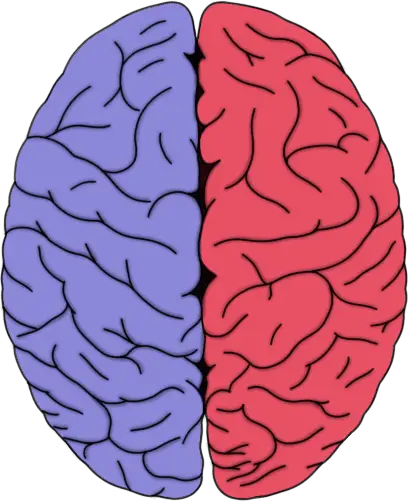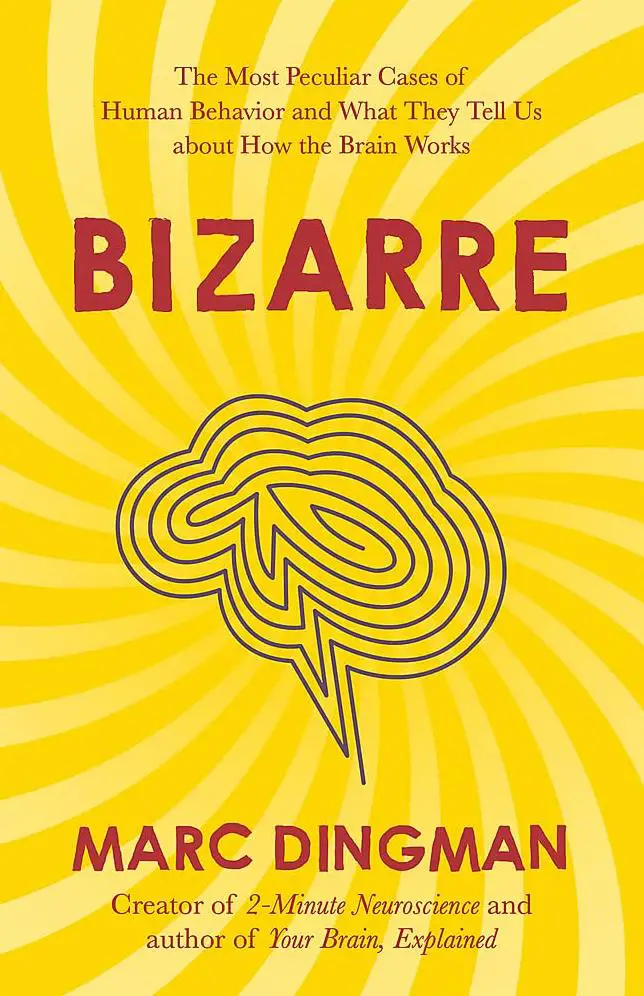The Evolution of Schizophrenia
Schizophrenia is one of the more frightening and debilitating mental disorders. It can cause hallucinations, delusions, and social withdrawal, as well as a variety of other cognitive afflictions. While scientists have yet to decipher the etiology of the disease, its high inheritability rate (60-85%) has led many to look for answers in genetics. Since schizophrenia affects cognitive functions that are distinctly human (like language-related abilities), some have begun to consider ways in which the human brain has evolved, and how this could shed light on the causes of schizophrenia.
A group of researchers published a study this week in Genome Biology that examines the relationship between schizophrenia and the evolution of higher order processes in humans. They first investigated the evolution of molecular mechanisms involved in human cognition. Then they examined the changes that occur in schizophrenic patients, and looked for an overlap between the two data sets.
They found that, of 22 biological processes that show a strong indication of recent positive selection, 6 involve disproportionate numbers of genes that are implicated in schizophrenia. All of those 6 are implicated in energy metabolism, or the regulation of energy flow through the body/brain.
The group then performed comparative analyses between schizophrenic patients, healthy controls, chimpanzees, and rhesus macaques. The reason other primates are used in such a study is to further delineate the evolutionary picture. If an evolutionary change in the brain can be found between a human and a chimpanzee, for example, then one can assume it was a human development that took place after the divergence of chimps and humans.
The researchers saw distinct differences between the four groups, indicating recent evolutionary changes. They again found that metabolites that play key roles in energy metabolism (e.g. lactate, glycine, choline) were affected.
These results caused the scientists to suggest that recent evolutionary changes in our brain’s energy metabolism may have been integral in the development of the higher order processes we associate with the human brain. These changes would have been necessary to meet increased energy demands as the brain went through increases in size, number of synaptic connections, extent of neurotransmitter turnover, etc.
It seems that brain energy metabolism is negatively affected in disorders like schizophrenia. For example, decreases in blood flow to the prefrontal cortex have been reported when schizophrenics attempt cognitive tasks. The researchers in this study suggest that, after the last 2 million years of rapid evolution, the human brain is basically pushing the limits of its metabolic abilities. Thus, any aberrations in the brain’s energy metabolism capabilities could have drastic results, schizophrenia being one example.
According to this perspective, schizophrenia is a by-product of our rapidly evolving brains. Because we are operating at near-capacity levels, any reduction in our ability to produce and process brain energy can be debilitating. In order to verify this hypothesis, however, much more work examining the correlation between evolution, energy metabolism, and brain disorders will need to be done.
Khaitovich, P., Lockstone, H.E., Wayland, M.T., Tsang, T.M., Jayatilaka, S.D., Guo, A.J., Zhou, J., Somel, M., Harris, L.W., Holmes, E., Paabo, S., Bahn, S. (2008). Metabolic changes in schizophrenia and human brain evolution. Genome Biology, 9 (8), R124. DOI:10.1186/gb-2008-9-8-r124


